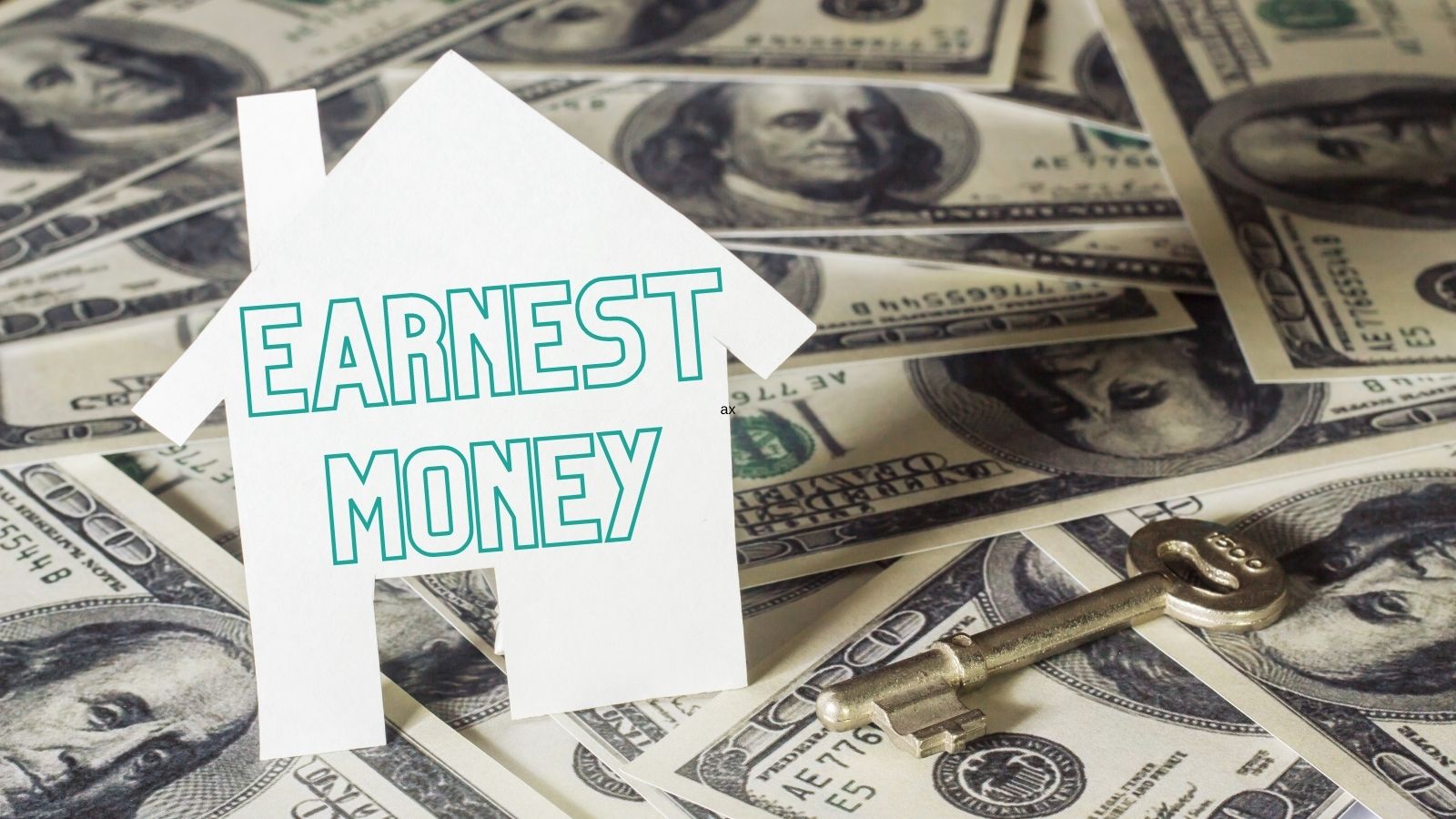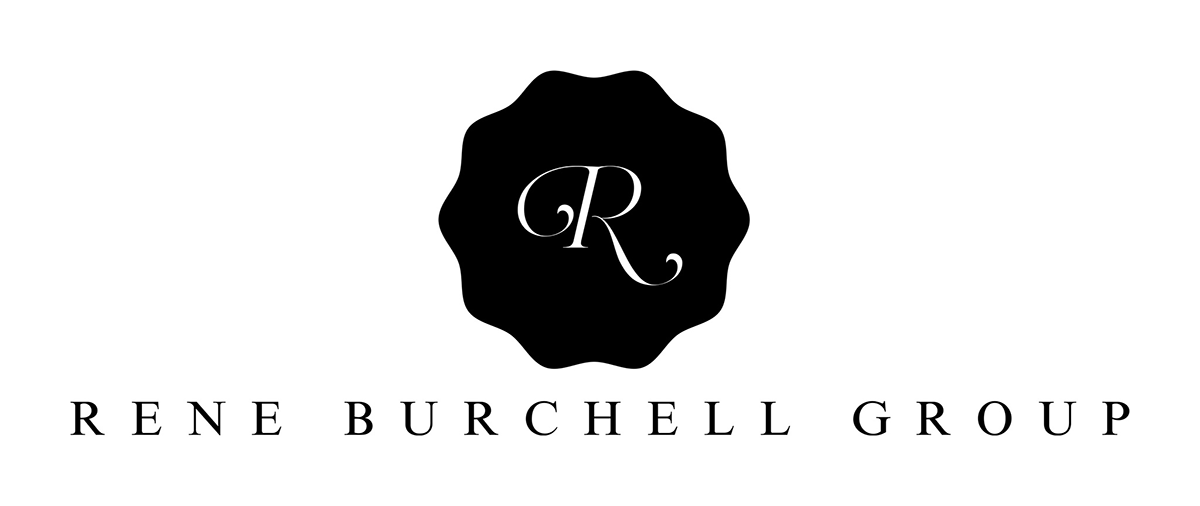The decision to purchase a home isn’t always easy. It usually requires thorough research on different homes and neighborhoods. A home is also a significant financial expense for many people.
Homebuyers need enough money to be able to afford a down payment on the house that they want. They should also set aside funds for their monthly mortgage and utility payments, in addition to their other regular expenses. Earnest money may also be paid in some home sales.
Buying a home in Texas can take time. The entire process may not be completed for several weeks or months after an offer has been made. Different people will become involved at various stages and there can be unexpected problems or delays that can occur. You should still be able to accomplish your goal. Patience, determination and a solid plan of action can help you succeed.
About earnest money
Here are a few things to know about earnest money:
Earnest money is also known as a good faith deposit. It’s a specific sum that is put down to express your interest in owning a particular home. Earnest money protects the home seller in the event that the buyer should back out of the purchase agreement. The funds are usually awarded to the seller if the buyer opts out of the deal for reasons other than contingencies that were written into the purchase agreement.
You don’t have to offer earnest money if you don’t want to. However, it can give you an advantage over other interested parties. It shows the seller that you’re serious about purchasing their property. You may look more favorable than potential buyers who either don’t offer earnest money or who haven’t secured their financing for the transaction just yet.
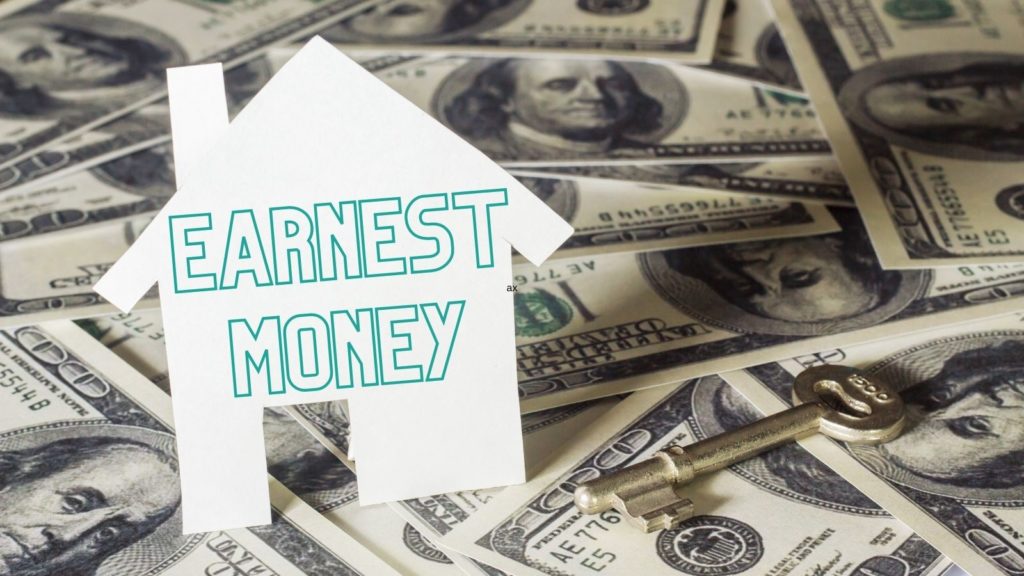
Homebuyers usually pay about one to three percent of a home’s sale price in earnest money. The exact amount can depend on market conditions and the sale price of the house. Those funds are typically put into an escrow account. That money is retained in the escrow account until the sale has been finalized.
An escrow or title agent is responsible for retaining funds that are put into an escrow account. It’s best to use an escrow account instead of giving that money directly to the home seller. You may have a more difficult time recovering those funds if the deal isn’t completed and the seller refuses to return your earnest money. You could take the seller to court, but that can be very expensive and time-consuming. Recovering your earnest money maybe even more difficult if promises were made verbally instead of in writing.
The purchase agreement should dictate what will happen to any money placed in an escrow account if the transaction isn’t finalized. Certain contingencies can be written into the contract. If those contingencies are not met, the respective party can walk away from the deal without fear of legal consequences.
Some common contingencies that are added to many home sale agreements are:
1. Financing contingency.
This contingency can state that the earnest money be returned to the buyer if financing isn’t secured within a reasonable period of time. The purchase agreement should state the length of time that’s considered to be reasonable. If you’ve already been pre-approved for a mortgage loan or intend to pay for the property with cash, this contingency won’t apply.
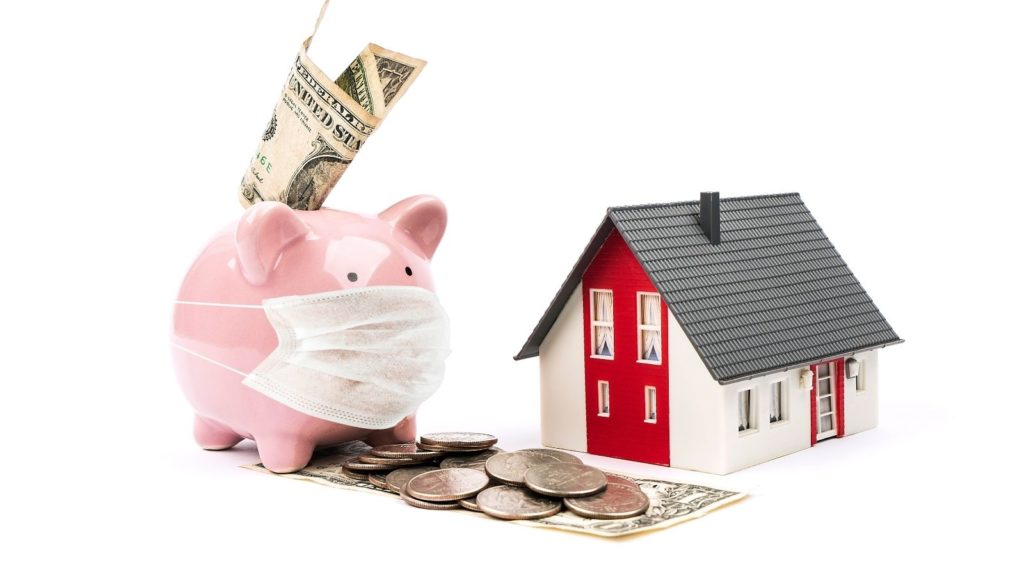
2. Home appraisal.
The sale may be contingent upon having the house appraised. The buyer can back out of the arrangement if the appraised value is significantly higher or lower than the seller’s asking price. All Veteran’s Administration (VA) home mortgage loans have this contingency included.
3. Home inspection.
Many home buyers ask for a home inspection contingency to be added to their purchase agreements. Buyers could step away from the sale if the inspection isn’t conducted or if the inspection reveals significant issues that could make the home unsafe to live in.
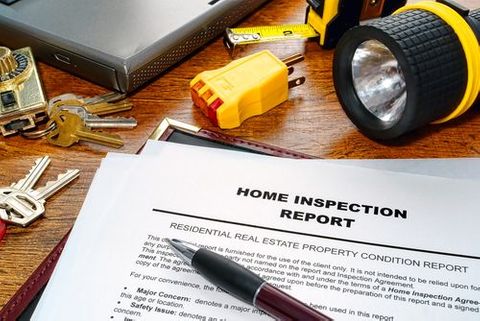
If there are items in need of repair or renovation to put the home in an acceptable condition, the buyer could offer to pay for those changes. The seller could also offer to reduce their asking price as a result, pay for the upgrades themself, or offer to split the costs evenly.
4. Selling the current residence.
Some home buyers or sellers add a clause to purchase agreements that make the transaction contingent on their ability to sell their existing home. The length of time required to complete this action is usually specified in the contract. If a home buyer isn’t able to sell their current house within that period of time, they can opt out of the arrangement.
Conclusion
Earnest money is usually paid when an offer has been made on a home. The escrow or title agent will open the escrow account and deposit the funds. The account is usually managed by your title or escrow company or your realtor.
Earnest money is typically applied toward closing costs or your down payment. If you don’t live up to your obligations according to the sale contract or fail to fulfill any respective purchase agreement contingencies, you forfeit the right to the earnest money.
Read your purchase agreement carefully before signing. Make sure that you fully understand your rights and responsibilities.
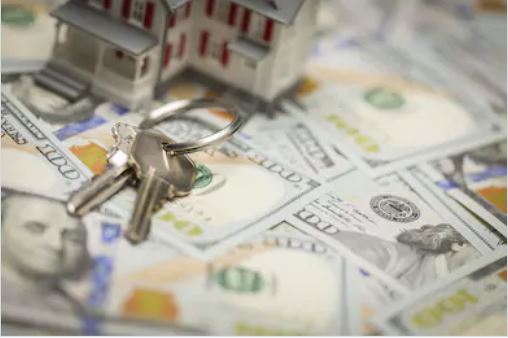
Take time to examine the information regarding your earnest money and what would happen to it if one party or the other should fail to meet certain contingencies or back out of the deal.
Earnest money is an important part of many home sales. It’s something that you’ll have to budget for, just like your down payment, monthly mortgage payments and other associated expenses. You may want to start saving for those items as soon as you decide that you want to buy a home.
Once all final costs have been paid and the necessary paperwork has been signed, the seller will receive their payment for the proceeds from the sale.
You’ll be given the keys to your new home, and you can move in whenever you’re ready. It’s time to breathe a sigh of relief and congratulate yourself on your accomplishment. You can look forward to making lasting memories in a place that you’ll be happy to call home.
Have Questions? Ask Rene!
